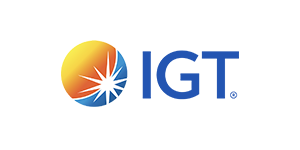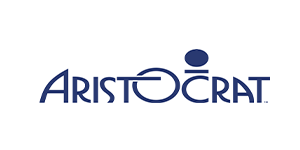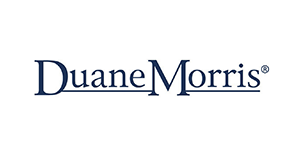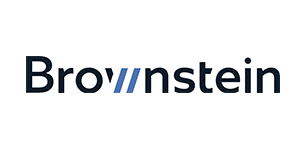|
Gaming in the digital age: gaming expansion and risk considerations
Update provided by Elise Lebourg, Manager and Bob Boyle, Senior Manager, Forensic & Integrity Services practice of EY
The expansion of online gambling and sports betting brought an emergence of new regulations and required controls designed to help manage risk, particularly in the US. With the expansion of online gambling and sports betting comes increased fraud and money laundering risk. Companies that facilitate online wagers are less likely to have internal controls that resemble traditional brick-and-mortar establishments. Yet these same gaming companies will undoubtedly have increased regulatory obligations.
Understanding the risks
The increasing popularity of online gaming and sports wagering brings with it new and challenging fraud and money laundering risks and schemes. The absence of face-to-face interaction increases the risk of “know your patron” (KYP), proxy and messenger betting and potential money laundering activity. Other types of risks and challenges include, but are not limited to, identity theft, underage and self-exclusion patrons and IP spoofing or other methods to bypass the geo-fencing restrictions.
Preparing to address risks in an emerging industry
To address risks in this emerging industry, regulators have reiterated the importance of a strong culture of compliance for casinos and sportsbooks. In addition, KYP checks, a foundational step in an AML program and an industry-leading practice, should be conducted prior to allowing gaming and wagering. The risk of fraud and money laundering can be further limited by having an investigation team to identify and investigate fraud, the right policies and the appropriate controls that monitor for potential red flags.
Integration with databases to use all available information
While many companies may have a wealth of automated systems, they may not be utilizing or cross-analyzing all information that is available. This can often be resolved by bringing in the right data analytics solution. To enhance their risk monitoring efforts, gaming operators should be considering the integration of public and other third-party databases. From an operational standpoint, automated screening, customizable transaction monitoring rules and setting withdrawal limits served as strong control options. It is also important for online gaming compliance departments to coordinate with their IT department to better understand how to capture information such as IP address, geo-location and other identifiers regarding who and where players might be.
For more information regarding the risk considerations with mobile and online gaming and wagering, read the full article in Casino & Gaming International Magazine here
|















